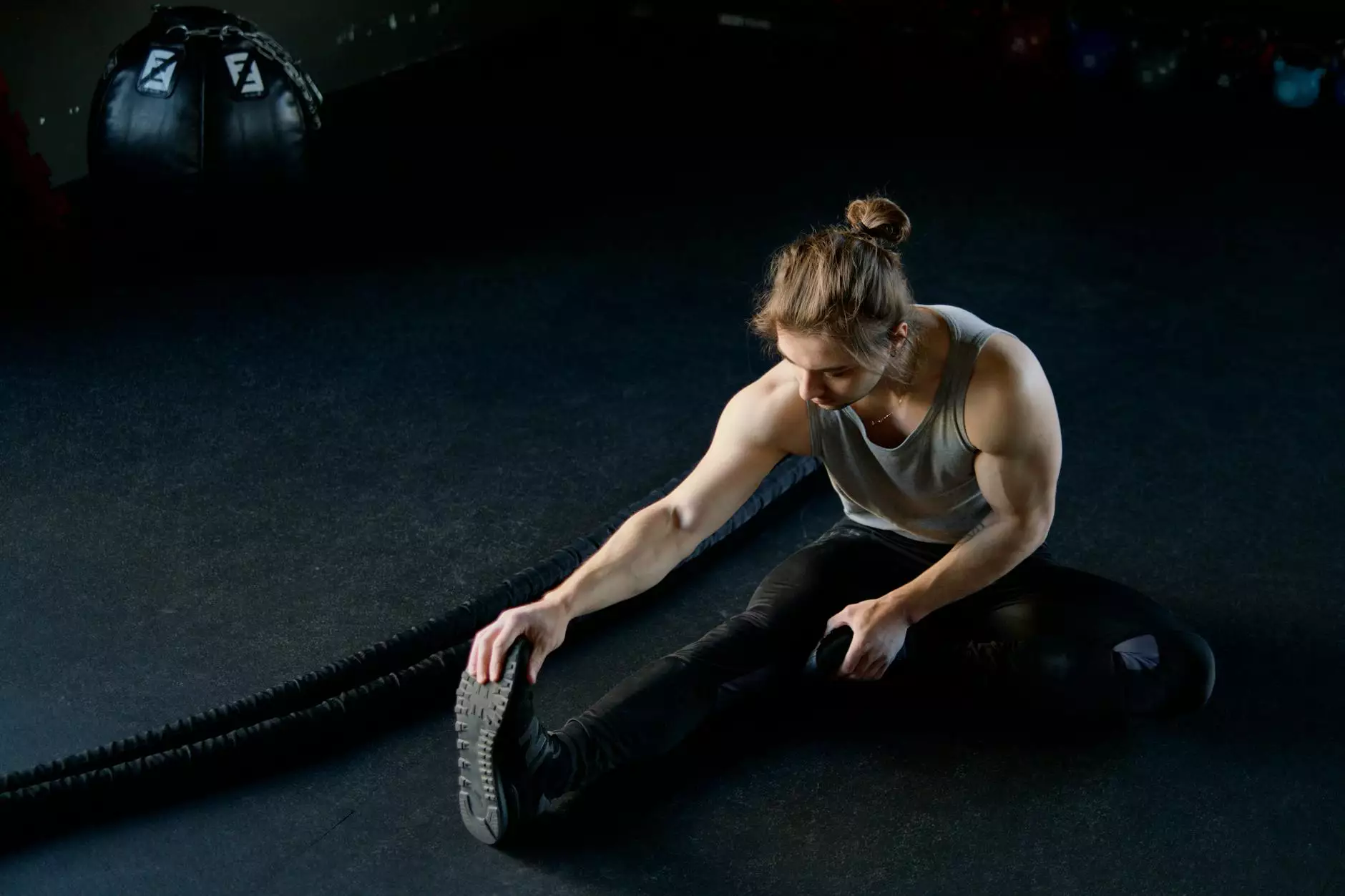The Importance of Muscles of Foot for Optimal Health

Welcome to The Foot Practice, your ultimate destination for expert podiatry services and foot care. Our dedicated team of experienced podiatrists understands the significance of maintaining healthy and pain-free feet. In this article, we will explore the crucial role played by the muscles of the foot in supporting overall foot health.
The Muscles of Foot and Their Function
The human foot is an amazing structure consisting of numerous intricate bones, joints, ligaments, and muscles. The muscles of the foot are responsible for providing stability, flexibility, and controlled movements, enabling us to perform various activities such as walking, running, and jumping.
There are over 20 intrinsic and extrinsic muscles in the foot that work together harmoniously, ensuring proper alignment and efficient biomechanics. These muscles can be divided into several groups:
- Intrinsic Muscles: These muscles originate and insert within the foot and play a crucial role in maintaining arch support and controlling foot movement.
- Extrinsic Muscles: These muscles originate from the leg and extend into the foot, contributing to the overall movement and function of the foot.
- Dorsal Muscles: These muscles are positioned on the upper part of the foot and aid in ankle and toe movements.
- Plantar Muscles: These muscles are situated on the sole of the foot and contribute to maintaining stability and balance.
- Anterior Muscles: These muscles are located towards the front of the foot and are responsible for dorsiflexion, or lifting the foot upwards.
- Posterior Muscles: These muscles are positioned at the back of the foot and assist in plantarflexion, or pointing the foot downwards.
The Significance of Strong Foot Muscles
Having strong and properly functioning foot muscles is crucial for maintaining optimal foot health. Here are some key reasons why:
1. Stability and Balance
The muscles of the foot work together to provide stability and balance, enabling us to maintain an upright posture while standing and perform complex movements without losing equilibrium. Strong foot muscles help prevent falls and injuries by ensuring a solid foundation.
2. Arch Support
The intrinsic muscles of the foot play a vital role in maintaining the arches (longitudinal and transverse) of the foot. These arches act as shock absorbers, distributing the forces applied to the foot and reducing the risk of overloading certain structures. Strong foot muscles support the arches, preventing conditions such as flat feet or collapsed arches.
3. Improved Biomechanics
Proper foot muscle strength and function contribute to efficient biomechanics, ensuring that our feet move with optimal alignment and motion. When the muscles are weak or imbalanced, it can lead to abnormal foot mechanics, causing pain and discomfort. Strong foot muscles help maintain proper foot alignment and reduce the risk of biomechanical issues.
4. Injury Prevention
When the muscles of the foot are weakened or imbalanced, it can predispose us to various foot and lower limb injuries. Strong foot muscles provide better support to the joints and ligaments, reducing the risk of sprains, strains, and overuse injuries. Additionally, they help absorb shock and decrease the impact forces on the feet.
Taking Care of Your Foot Muscles
Now that you understand the importance of foot muscles, it's essential to know how to take care of them. Here are some tips to keep your foot muscles strong and healthy:
1. Regular Foot Exercises
Engage in foot exercises that target the different muscle groups of the foot. These exercises can include toe curls, arch lifts, ankle rotations, and calf stretches. Regularly performing these exercises can enhance muscle strength, flexibility, and coordination.
2. Wear Appropriate Footwear
Choose footwear that provides adequate support, cushioning, and stability. Properly-fitting shoes with arch support can help reduce stress on the foot muscles and maintain proper foot alignment. Avoid wearing high heels or shoes that restrict natural foot movement for extended periods.
3. Maintain a Healthy Body Weight
Excess body weight puts additional stress on the foot muscles, leading to strain and fatigue. Maintaining a healthy weight helps reduce the workload on the muscles, promoting their overall health and function.
4. Regular Podiatry Check-ups
Visit a podiatrist regularly for comprehensive foot examinations and expert advice. A podiatrist can assess your foot muscle strength, detect any imbalances or abnormalities, and provide appropriate treatments or therapies to maintain optimal foot health.
Conclusion
In summary, the muscles of the foot play a vital role in supporting optimal foot health. Strong foot muscles contribute to stability, balance, arch support, improved biomechanics, and injury prevention. By taking care of your foot muscles through regular exercises, wearing appropriate footwear, maintaining a healthy weight, and seeking professional podiatry services, you can ensure the long-term health and functionality of your feet. Trust The Foot Practice, your go-to source for expert podiatry services, to help you maintain healthy and pain-free feet.



